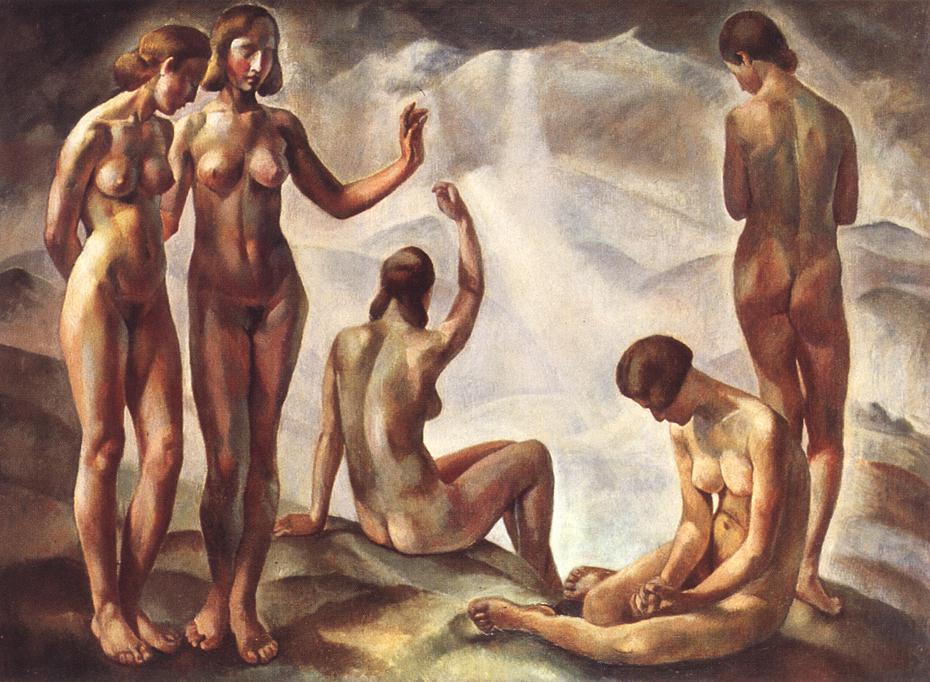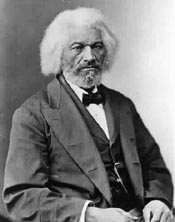From Mt. Nebo, from Biblical Study Tour

From Erzsebet Korb, The Promised Land, c. 1922
|
From Mt. Nebo, from Biblical Study Tour |

From Erzsebet Korb, The Promised Land, c. 1922 |
Caravaggio, "Sacrifice of Isaac" |
 The Death of Uncle Tom, from American History Lithographs |
 Frederick Douglass |  Patricia Williams |
